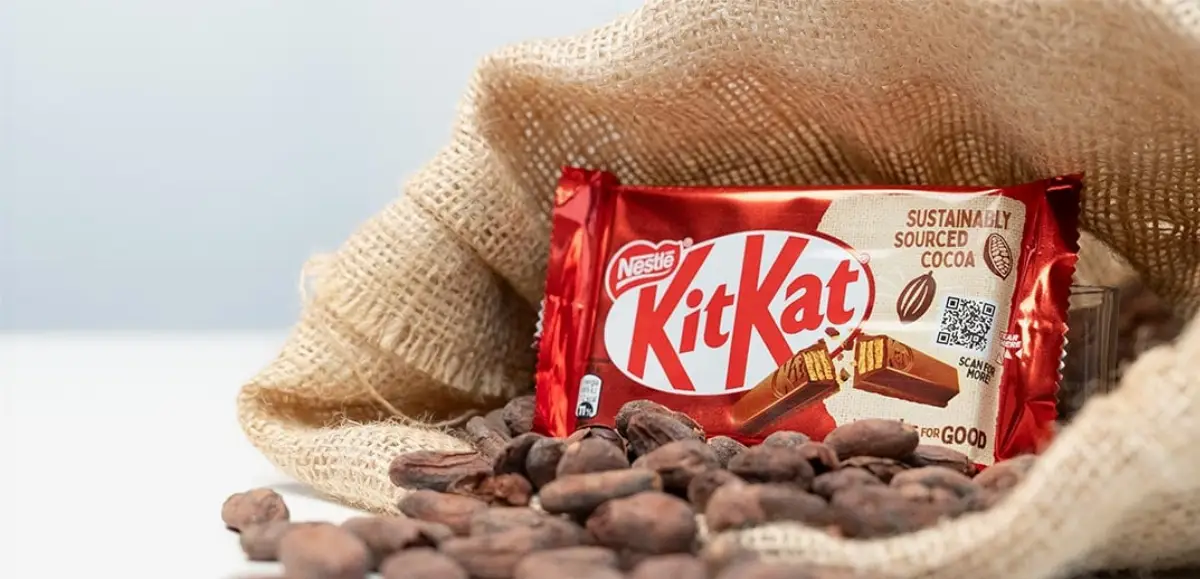
Do you want to access to this and other private contents?
Log in if you are a subscriber or click here to request service
Nestlé, comes the kitkat with 100% sustainable cocoa
The new rod is produced under the Growers Income Acceleration Program

KitKat and its parent brand Nestlé become increasingly sustainable. The kitkat "Breaks for Good" made from 100% chocolate from the Income Acceleration Program (IAP) will be available on store shelves this month in 27 European countries and from may 2024 in the UK. In the meantime, a limited edition KitKat with 70% dark chocolate, also produced with cocoa from the revenue accelerator, was launched...
fc - 37667
EFA News - European Food Agency
EFA News - European Food Agency